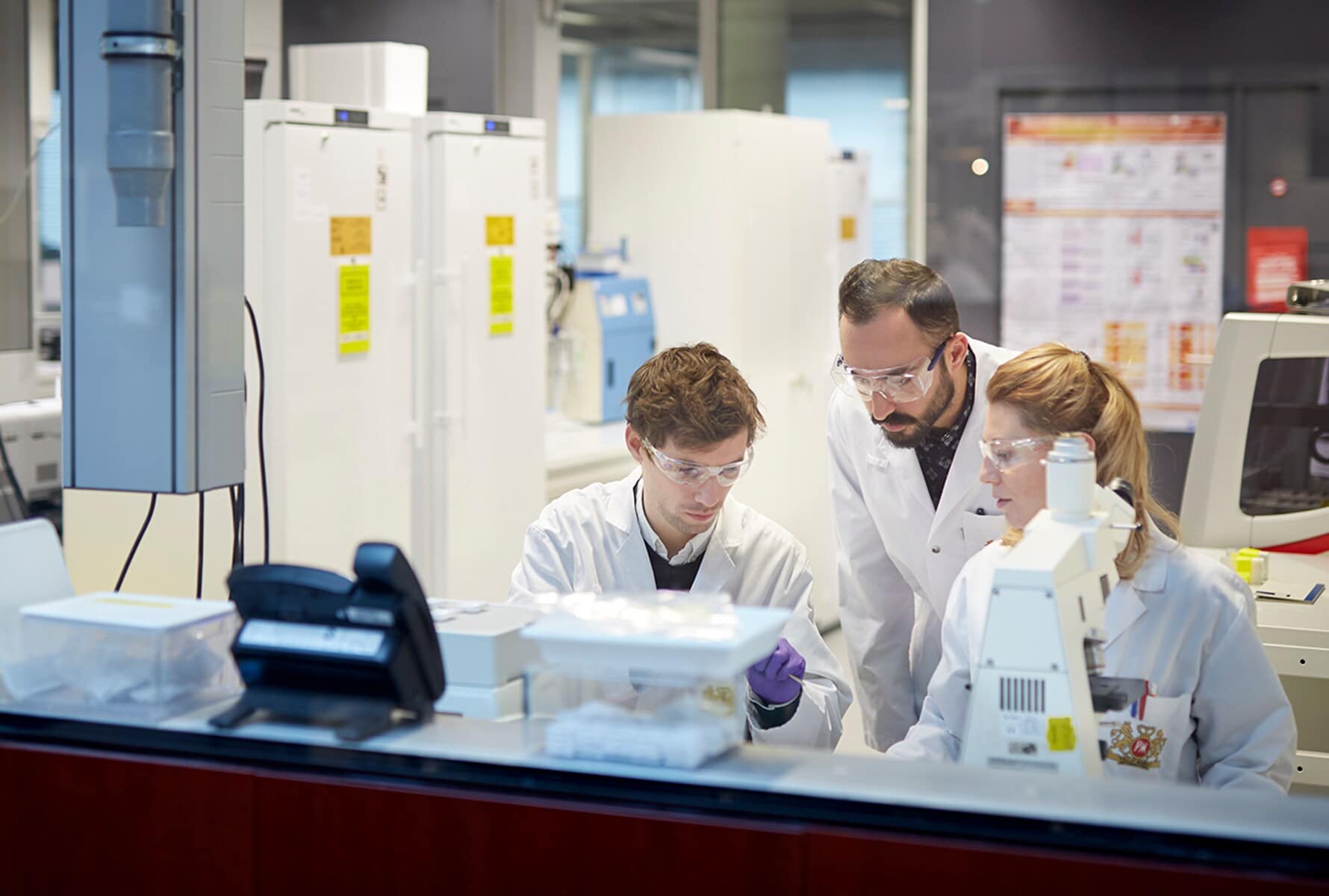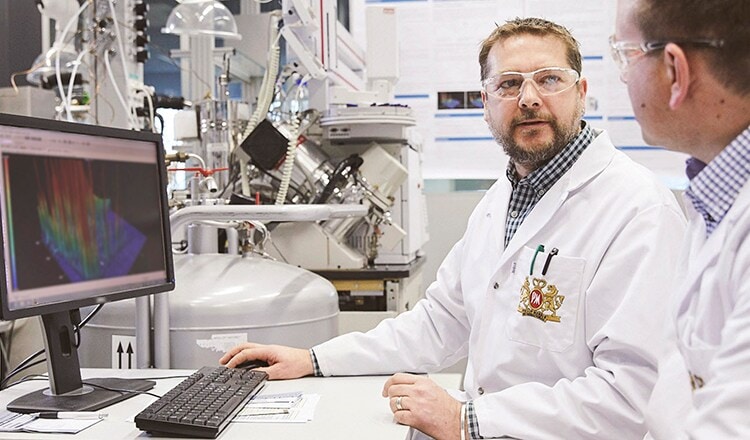Businesses that don’t act quickly to remedy the damaging impact of their activities are not sustainable in a world calling for accountability and solutions, Cornell University professor Dr. Karan Girotra has warned.
In his paper “Business Transformation: A Field Guide for Builders, Social Champions and Changing the World,” Dr. Girotra 1 explains that harm to the environment, public health, the marketplace, and civic life is hastening society’s demands for action in the private sector.
Transformation toolkit
The paper, co-sponsored by PMI and social impact agency Handshake, describes the path of transformation as one involving uncertainty and false starts. However, perseverance is key for businesses to thrive.
Through his research, Dr. Girotra has developed a transformation toolkit, enabling organizations to “continually observe the environment, process and analyze the early signals in an unbiased and rigorous way, abandon old orthodoxies, cut through the embedded incentive structures, and develop new approaches to reinvent themselves in response to the changing environment.”
In doing so, the paper catalogs a set of experiences and guidelines for managers to spot social externalities from their business activities. These learnings can help managers respond to them quickly and with purpose, as well as experiment and reinvent their products and business models.
January 12, 2021
Business Transformation: A Field Guide for Builders, Social Champions and Changing the World
Download White PaperAct fast to stay ahead of public pressure
Leaders should not be lured by a false sense of security, warns Dr. Girotra. The fact that business is booming doesn’t mean the harmful externalities of their functions should be allowed to continue unabated. Indeed, waiting until public pressure forces them into action will have dire consequences, says Dr. Girotra.
“Good times are the best opportunity for businesses to proactively look for reasons that might necessitate transformation,” he writes. “When the need for transformation is reflected in the financial statement, or worse, when society forces change, business transformation often is done from a position of financial weakness in a hostile external environment—which leads to lower success rates. In some cases, it might already be too late.
“The key to proactively recognize the need to transform is to recognize and understand the externalities that the business exerts on society.”
Better society for better returns
From industry examples ranging from social media to tobacco, the study introduces audiences to a myriad of transformational cases that showcase the pivotal role of change for any successful business in modern times.
They highlight the importance of taking society’s needs into account—across all areas of business—and understanding that the health and wellbeing of consumers, employees, local communities, and the population at large are critical for long-term sustainability.
Therefore, businesses that transform to improve their products and reduce their external impact will be doing the right thing for both society and bottom lines.
Learnings from Microsoft and Nike
To underline this, the paper highlights two examples of transformation—Microsoft and Nike.
Beset by a series of antitrust cases and rumors of workplace unrest in the 90s and early 21st century, Microsoft pivoted to create a culture of innovation, focus on the needs of consumers, acknowledge and learn from the past, and drive wholesale changes across the organization.
Nike, on the other hand, came under growing scrutiny in the 90s for outsourcing its manufacturing to lower-cost Asian suppliers, prompting accusations that the company tolerated human rights abuses and exploited underpaid workers in overseas facilities.
In response, Nike introduced a series of robust processes and systems to continuously monitor conditions at all of its supplier factories. There were mistakes, continuing issues, and false starts to overcome, but Nike was determined to go beyond the efforts of every other apparel company to remedy the issues, restore its reputation, and lead the field in its transformation journey.

Image above © PMI
Better alternatives: the only alternative for the tobacco industry
The paper also points to the tobacco industry, and society’s demands for better alternatives to continued smoking—smoking remains one of the biggest causes of preventable, premature death in the world.
Dr. Girotra notes that for the tobacco industry, “transformation here requires not just a commitment to move away from the most harmful business products, but also [that it makes] significant investments in research, development and transparency to truly deliver and develop products with reduced public health externalities compared to smoking.”
In 2016, PMI publicly committed to a smoke-free future by delivering better alternatives to adult men and women who will otherwise continue to smoke. To date, it has invested >14 billion on R&D to deliver these alternatives, and it openly shares its findings with the wider world, as welcoming independent research on its products.
Transformation—the constant dynamic
Dr. Girotra concludes that while transformation precipitates a series of fresh challenges, business leaders denying the “stimuli for change” will face failure in the long run.
Transformation is not a luxury for the select few. Ultimately, it will be imperative for every organization to “learn to engage in the hard work of transformation or face extinction.”
And only those who persevere through the adversities, mistakes, learnings and challenges of the transformation journey—with eyes set firmly and purposefully on a better future for society—will ultimately succeed and earn their rightful place in tomorrow’s world.
January 12, 2021
Business Transformation: A Field Guide for Builders, Social Champions and Changing the World
Download White Paper1 Dr. Karan Girotra is Professor of Operations, Technology and Innovation at Cornell Tech and the Johnson College of Business at Cornell University. The research methodology and subsequent findings and views represented in the paper are the author’s own and were not influenced by nor do they necessarily reflect the views of Handshake, PMI, or Cornell University.
Top image © Getty Images
Related articles
Exploring the better alternatives to cigarettes aimed at helping ALL adult smokers leave cigarettes behind for good
3 min readTo achieve our vision of a smoke-free future, providing those adults who would otherwise continue to smoke with a wide choice of better alternatives to cigarettes is key. So, what sets apart each of the main smoke-free categories?




